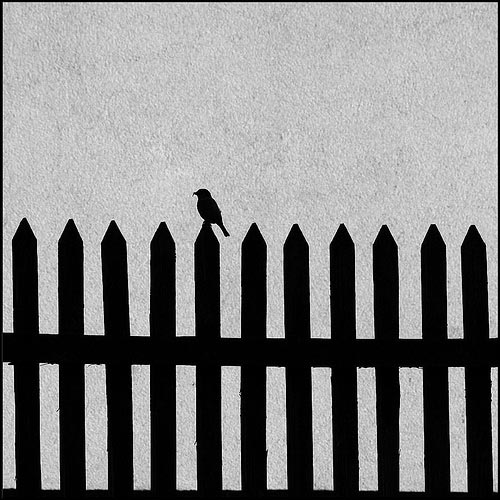
On my seventh night in New York City I ended up, almost accidentally, living out a fantasy of mine — mingling with writers and photographers, in an expensive Upper West Side apartment with floor-to-ceiling windows, drinking a hundred-dollar bottle of wine.
Some details were different, however. A rainbow of throw pillows covered half the main room and the woman I was talking to was naked and I was in my underwear.
It was my first, and so far only, naked party, and it was the beginning of the end of a thirty-year era of rather severe self-consciousness. I’d always had a burning fear of the judgments of others. In particular, I couldn’t bear the thought of someone else seeing me as bad or wrong. I just couldn’t let it happen, and unconsciously designed a life that minimized that risk, which means it minimized interactions with other people.
This self consciousness declined very slowly throughout my late twenties, and after my trip to New York it began to fall away in large chunks and now I feel very little self-consciousness. In the big picture, I know that my relatively sudden shedding of self-worry has come from a gradual accumulation of insights. By the time of the trip, I had learned a little too much about the world and myself to continue to be so afraid of both.
But insight alone is often not enough. Life has to make its principles clear by demonstrating them to you in real time. An unfamiliar experience must act as a catalyst, illuminating your accumulated insights and leaving you with a new and unfamiliar sense of yourself. When you notice that the feeling of being you is an easier and more natural feeling than it used to be, you know you have grown.
In the case of my graduation from self-consciousness I know that the catalyst for the final untangling began at the naked party in Manhattan. Read More


 I'm David, and Raptitude is a blog about getting better at being human -- things we can do to improve our lives today.
I'm David, and Raptitude is a blog about getting better at being human -- things we can do to improve our lives today.
I highly recommend a consistent, daily meditation practice! For years I was interested in meditation, but never did much more than read a lot about it, and think a lot about it... but that doesn't hold a candle to actually sitting and meditating every day. I find it helpful to keep...